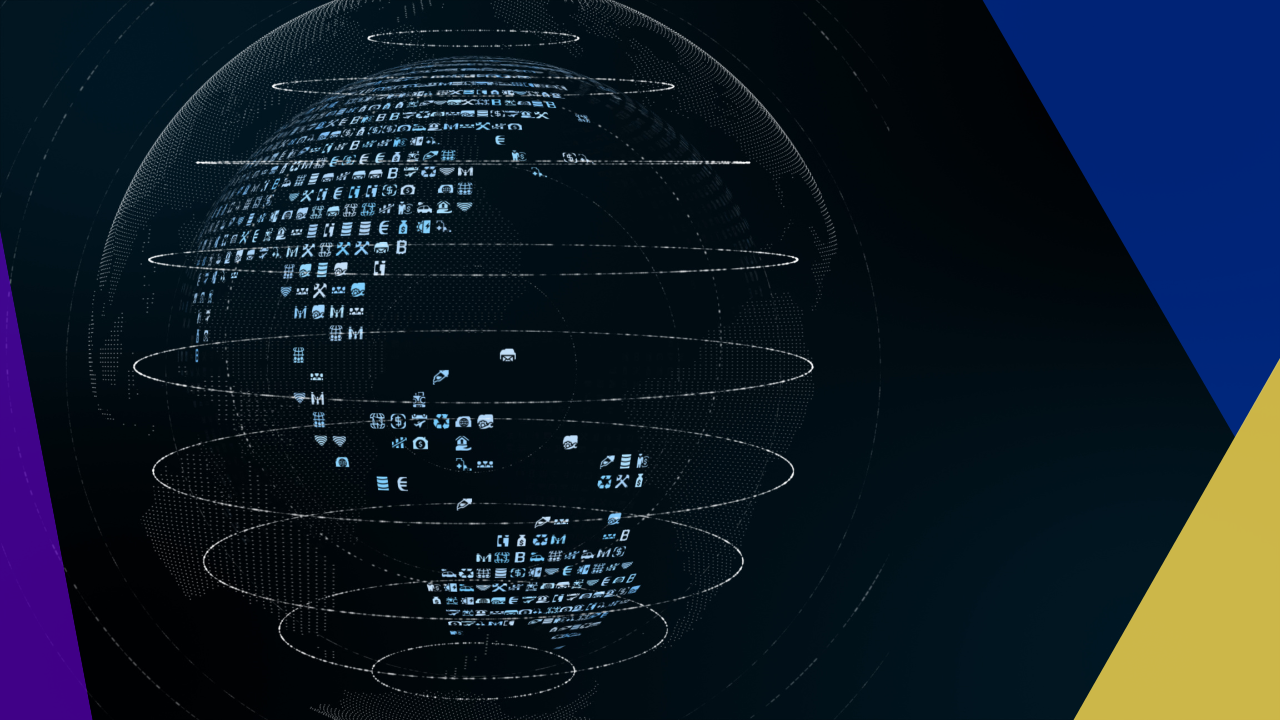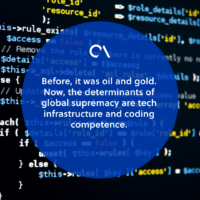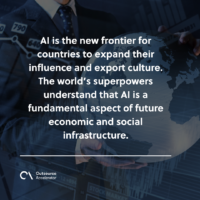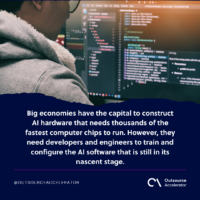The new space race
Before, it was oil and gold. Now, the determinants of global supremacy are tech infrastructure and coding competence.
The new “space race” is Artificial Intelligence, and experts regard the United States and China as the leaders, with the European Union and countries several steps behind.
Inherent advantages and political will propelled them to superpower status. However, globalization and rapid technological breakthroughs have empowered developing countries to remain within arm’s reach. As close collaborators, these emerging economies—which were mere spectators in the space race—can have a monumental role in the AI race.
Global superpowers
AI is the new frontier for countries to expand their influence and export culture. The world’s superpowers understand that AI is a fundamental aspect of future economic and social infrastructure.
Each country has its own set of preferences and priorities. The U.S. and China’s private sectors are investing heavily in AI research and development. While America has tech giants like Google, Microsoft, and Meta, China has Baidu, Alibaba, and Tencent.
For the U.S. and China, legislation comes after development. Meanwhile, the EU is looking to pioneer responsible AI development by focusing on drafting regulatory frameworks for ethical considerations and human rights.
Russian President Vladimir Putin famously echoed the sentiment of the space race by saying, “Whoever becomes the leader in [AI] will become the ruler of the world.” Russia, amid its complicated international relations, continues to harness the technology for military applications.
Emerging economies
Working behind the scenes just as hard as the poster boys of new tech are consulting companies with a vast offshore network, mostly in emerging countries.
Demand for consulting services has skyrocketed since the AI boom as corporations and government institutions seek to understand what robots and automation can do for them.
Sales of outsourcing firms Boston Consulting Group, McKinsey & Company, IBM, and Accenture are surging, and they are subsequently beefing up their offshore teams with new hires.
U.S. clients are mostly concerned with the usage of Generative AI. On the other hand, some consultancies are assisting the EU in drafting AI regulatory compliance laws.
Big economies have the capital to construct AI hardware that needs thousands of the fastest computer chips to run. However, they need developers and engineers to train and configure the AI software that is still in its nascent stage.
Studies show that more and more people from these countries are enrolling in AI courses online to remain intellectually fit. The offshore workforce is building up its knowledge base, and the world is taking notice.
Emerging economies are no longer mere spectators in this race. They have become key players in the global AI rush, and the world power that successfully leverages offshore talent pools will be the first to plant its flag in the digital realm.
The question for your business
How are you utilizing an offshore workforce to keep up in the AI race?




 Independent
Independent





















